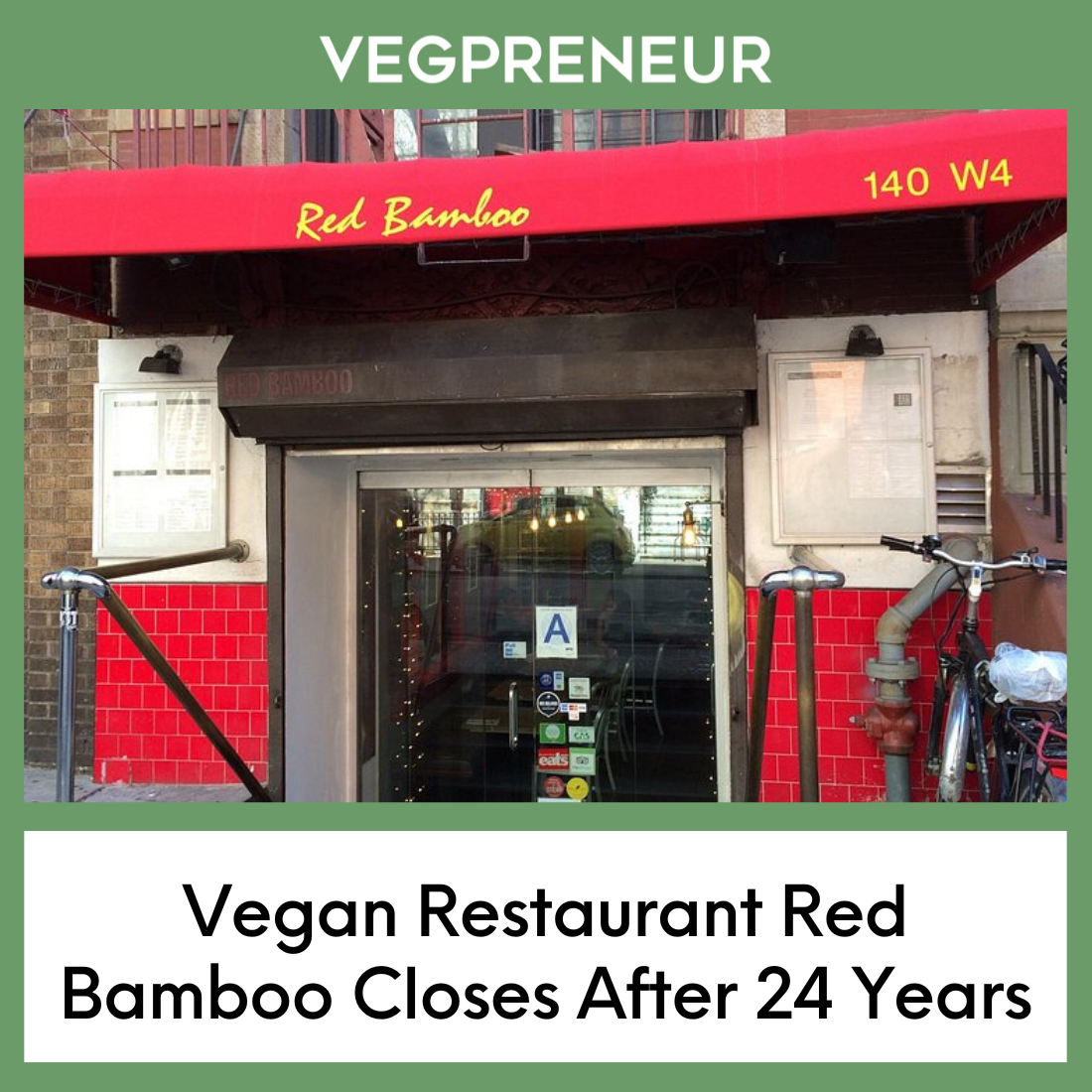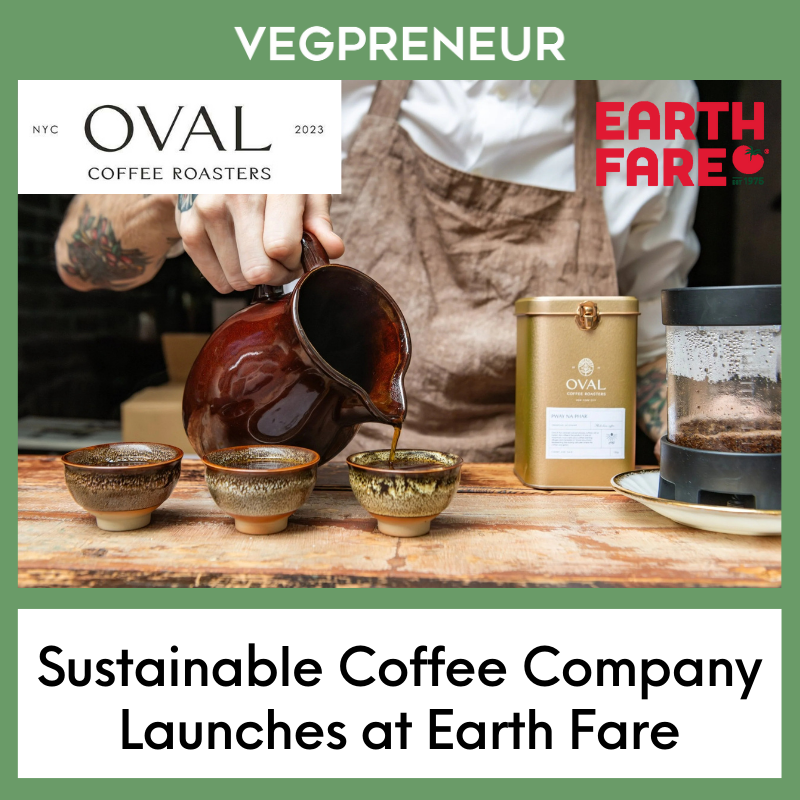Why Avoiding the 'Vegan' Label Can Make Plant-Based Food More Appealing
Written by The VEGPRENEUR Team
Unfortunately, the term "vegan" often carries misconceptions that limit its appeal. By focusing on flavor, health, and sustainability, plant-based food can attract a wider, more open-minded audience. Here's how changing the label makes plant-based eating more enticing.
A frustrating reality:
Many people are less likely to choose food labeled as “vegan.” Despite the growing popularity of plant-based diets and an increased awareness of their benefits, the term “vegan” still carries misconceptions. It’s often stereotyped with restrictive eating, lackluster flavors, or even a moral stance that some diners prefer to avoid. But here’s the twist: studies show that simply labeling food as “plant-based” instead of “vegan” can significantly increase its appeal.
The upside:
This phenomenon highlights a psychological barrier. While “vegan” can seem polarizing, the term “plant-based” feels more inclusive, signaling health and sustainability without the baggage of judgment or sacrifice. Many restaurants and brands have caught onto this trend, swapping the word “vegan” for “plant-based” to entice a broader audience. The strategy works; people are more willing to try “plant-based” items, seeing them as healthier and more adventurous choices, even if they have no intention of giving up meat or dairy. Additionally, choosing plant-based or vegan foods has significant environmental benefits. Studies show that plant-based diets require fewer natural resources, produce fewer greenhouse gas emissions, and contribute to combating climate change by reducing the environmental impact of food production.
Vegan controversy:
However, this shift in terminology isn’t without its frustrations. While all vegan food is plant-based, not all plant-based food is vegan. The term “plant-based” is often used to describe meals that are predominantly made from plants but may still include animal-derived ingredients like butter, cheese, or honey. For those committed to a vegan lifestyle, this blurring of definitions can feel misleading and problematic.
From a marketing perspective, avoiding the “vegan” label makes sense. It’s a way to cater to flexitarians and omnivores who are curious about reducing their meat consumption but aren’t ready to fully embrace veganism. Restaurants can position plant-based dishes as accessible, enjoyable options for everyone, avoiding the niche or “extreme” perception that the vegan label sometimes carries.
Searching for the solution:
So, what’s the solution? Transparency. Restaurants and brands should continue to use “plant-based” as a way to broaden appeal but ensure clear communication about ingredients. Menu descriptions, allergen information, and symbols can indicate whether a dish is fully vegan. This way, diners know exactly what they’re getting, and vegans can make informed choices without feeling alienated.
The rise of plant-based eating is an exciting shift for food culture. As language evolves to encourage inclusivity and experimentation, it’s essential to balance marketability with honesty. While it’s unfortunate that veganism needs a rebranding to appeal to the masses, the ultimate goal of reducing reliance on animal products is being achieved. Whether labeled as “vegan” or “plant-based,” these foods are reshaping the way we eat—one label at a time.
Looking to take your business to the next level?
Become a VEGPRENEUR member today to access industry-leading events, mentors, resources, and a global community of innovators!














